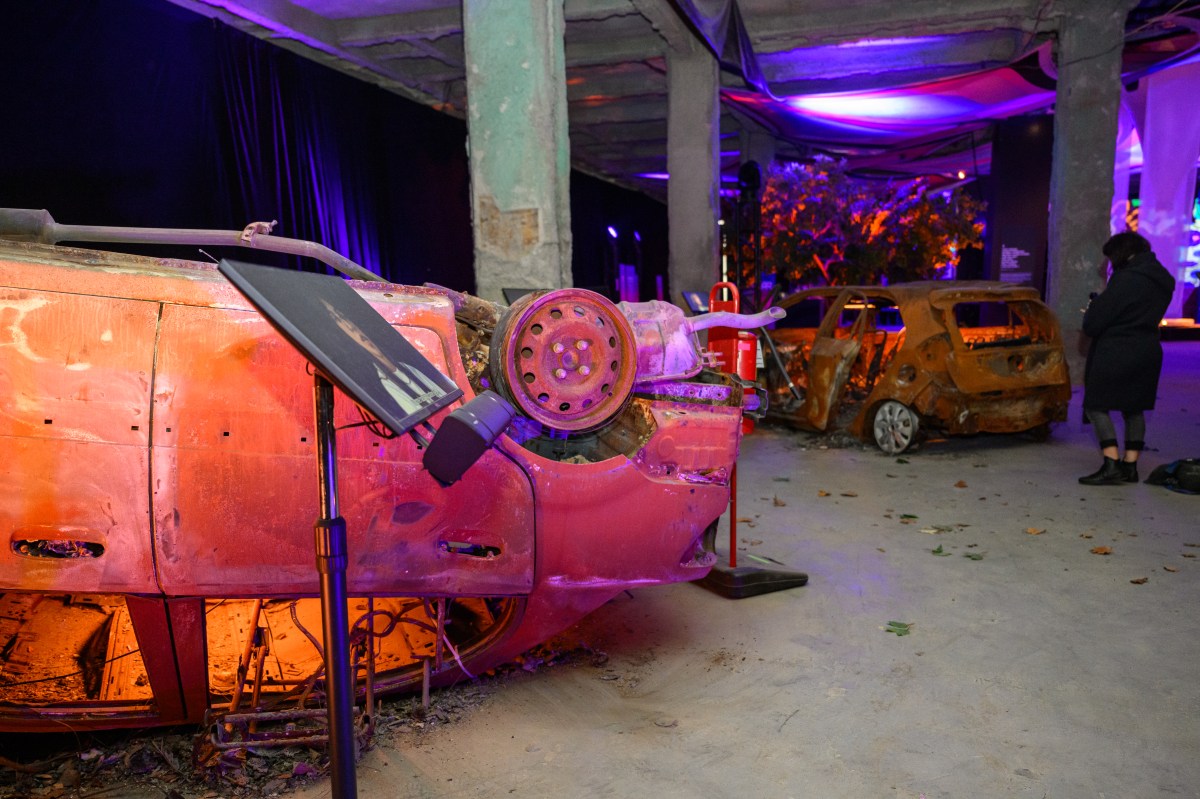The consortium, Project Eve, was recently formed with the mission to get electric car production in this country to the next level.
It includes firms, universities, infrastructure entities, etc., who all know a thing or two about how to design and build a state-of-the-art electric car. Basically, it’s like all the smart kids in class getting together to collaborate on a science project.
In fact, two of the member firms, Toronto Electric and Motive Industries (Calgary), have already built working prototypes, and they will be the first two products the consortium will build and sell to fleet customers on a per-order basis (a full line-up is in the works).
Motive has a passionate leader in the form of Nathan Armstrong. Project Eve was officially launched at the EV Conference in Vancouver last week. It was also the occasion where Armstrong revealed the design sketch of Motive’s upcoming four-seat electric car called the Kestrel.
In a Project Eve press release, Armstrong noted “We see a unique opportunity with Project Eve to move electric mobility towards a production reality. We also wish to support the Canadian auto sector by providing sustainable products and opportunities to create new manufacturing jobs.”
The jobs may come, but right off the bat the Kestrel certainly opened up opportunities of another sort — for questionable headline references to “smoking up” and “getting high” — because Project Eve revealed that this EV’s body panels will be constructed of fibres originating from a species of cannabis.
Obviously, the plant in question is not marijuana but its cousin, hemp, which is more suited to fibre production and actually legal to grow in this country (but still persona non grata in the U.S.).
The Alberta Research Council founded a project to find ways of using Alberta-grown hemp fibres and Alberta-manufactured polymers to produce a “biocomposite” material that could be used in lots of products, including cars.
A hemp-based biocomposite material is light, strong, and green (hemp grows fast, and is easy on the soil). Europe is further along the hemp-for-cars road than Canada. These biocomposites have already been used in some race cars, and in the Lotus Elise production car.
Hemp is just one of the “smoking good” technologies that the consortium can bring to the EV table.
According to Project Eve spokesperson, John Scott, “Canada possesses more than enough know-how, talent, and enthusiasm to play a major role in electric mobility… Project Eve is designed to accelerate the process, so we’re all rowing in the same direction.”
Scott reports that interest in Project Eve is high (no pun intended), and coming from lots of faraway places like India and China. If you have interest, check out projecteve.ca or the group’s Facebook page.
















